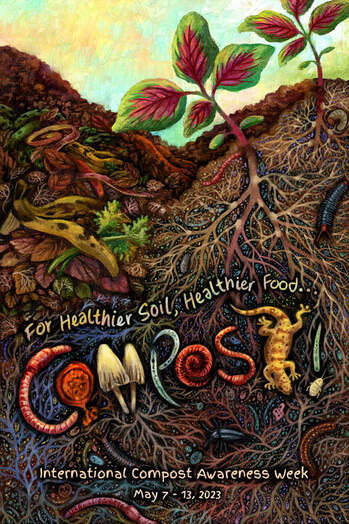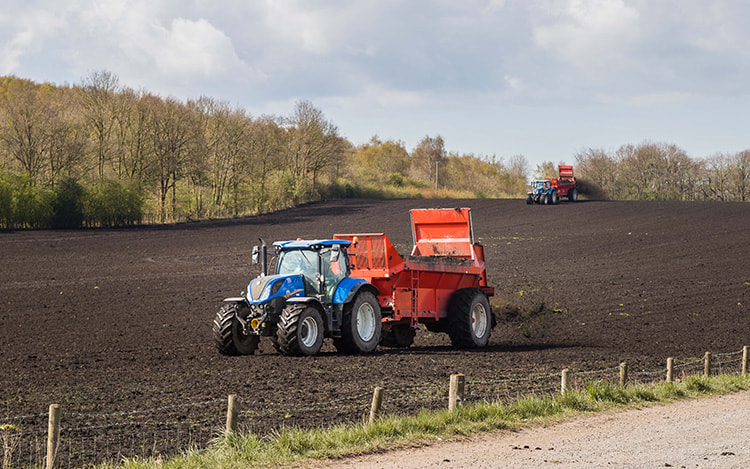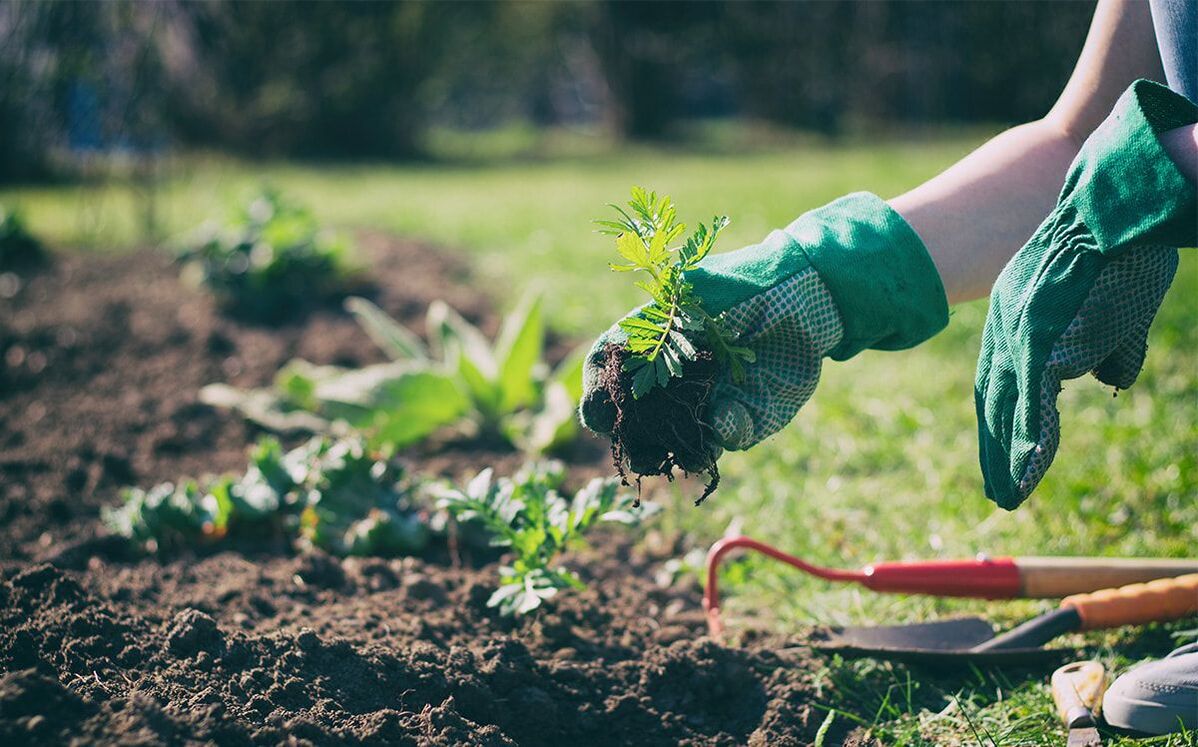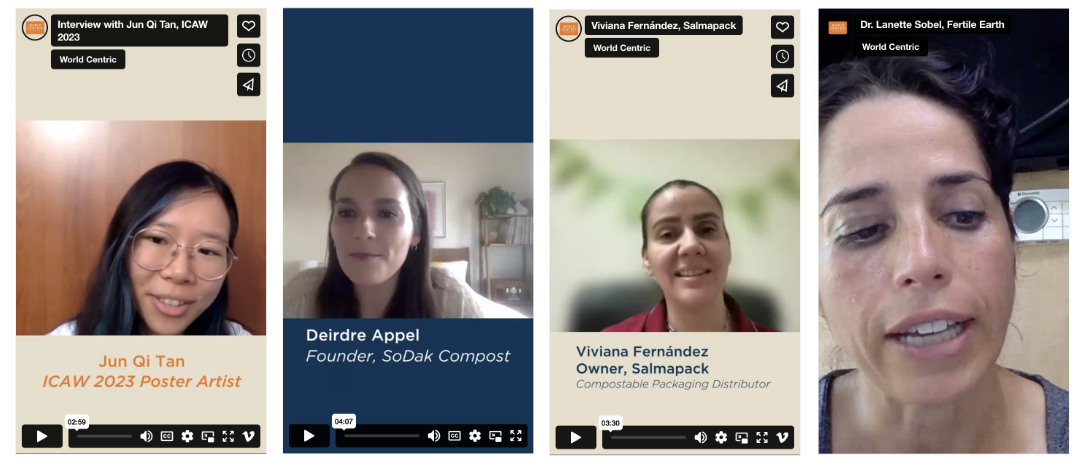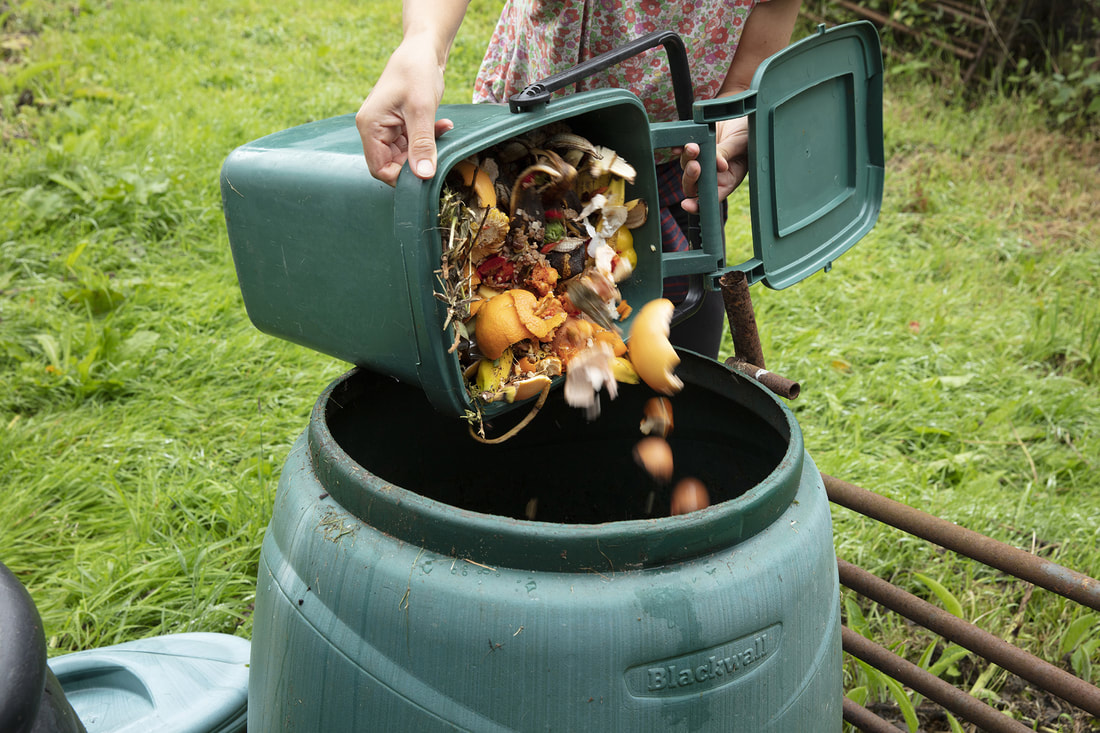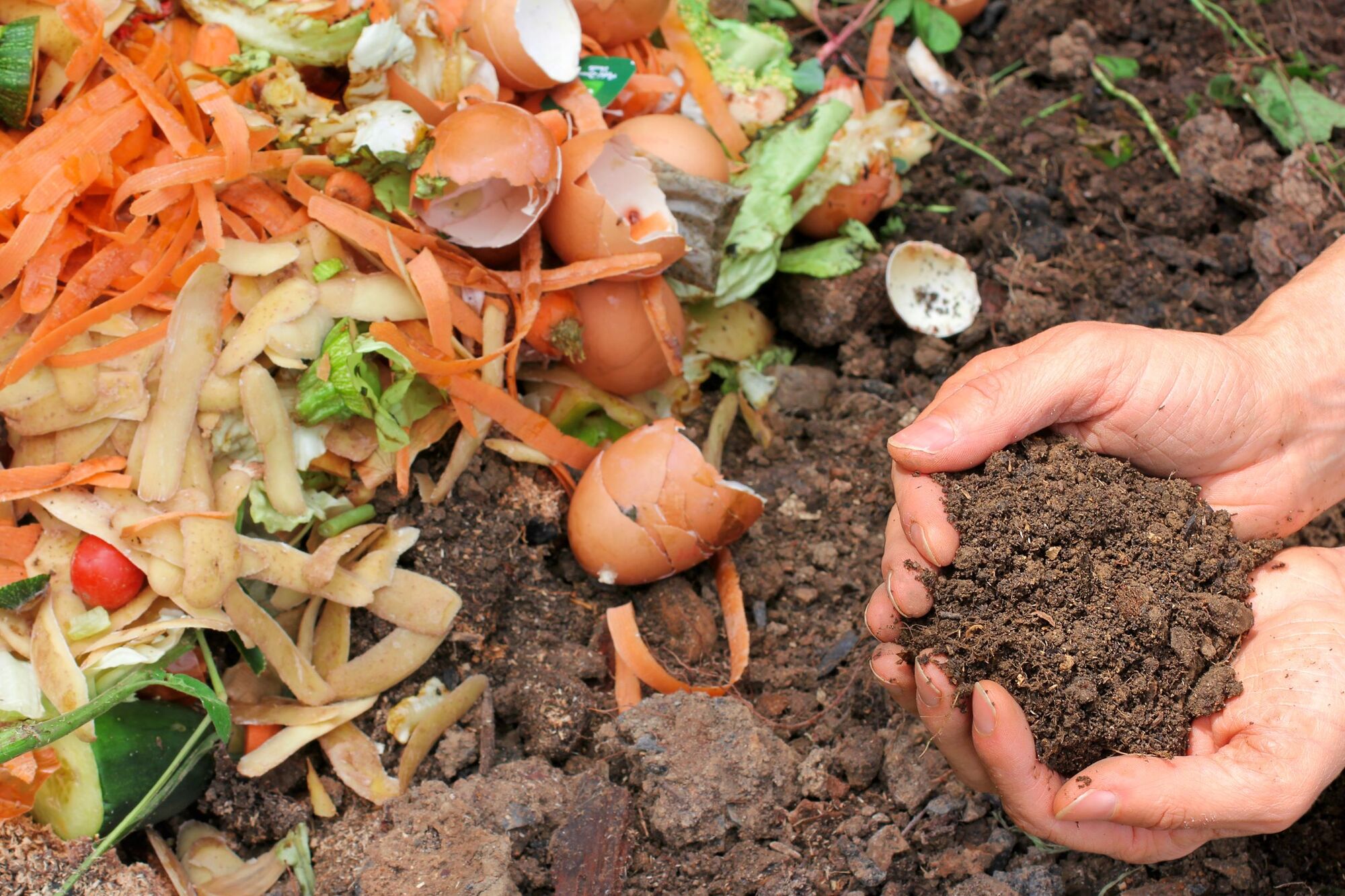World Centric Resource Recovery Team / 6 minute read
Happy International Compost Awareness Week (ICAW) 2023! Every year during the first full week in May we take time to celebrate nature’s fertilizer: Compost.
While we may not be able to recycle plastic bottles into new products in our backyards, we can, with very little effort, turn our food scraps into a powerful soil amendment - compost!
|
As the largest and most comprehensive education initiative of the compost industry, the goal of ICAW is to work together to raise public awareness of the importance of composting our organics and using compost.
As a producer of compostable products for foodservice, World Centric strives to use materials that come from the earth and can be returned to the earth as compost. Compost is a fertile soil amendment that is made from decayed organic matter. This natural process occurs whether or not humans are involved, but commercial compost facilities speed up the process by deploying sophisticated methods, like aerating the compost piles and providing optimum moisture. |
Jun Qi Tan is this year's ICAW poster contest winner. Learn more.
|
When this finished compost is applied to soil, it provides a multitude of benefits that includes everything from nourishing healthy plants to sequestering carbon.
How does compost work in the soil? It increases the amount of organic matter and microbial activity, thereby increasing the overall soil fertility. The application of the right compost in the right proportion does so many powerful things:
- Improves plant growth and its ability to capture carbon from the atmosphere and returns it to the soil
- Improves the soil’s ability to store and sequester carbon - completing the carbon cycle
- Provides slow-release nutrients readily available substituting for energy-intensive fertilizers, pesticides, fungicides
- Increases moisture holding capacity reducing energy use for irrigation and increasing resilience to floods and droughts
- Reduces erosion by increasing the microbial structure and organic matter in the soil
Besides the benefits to soil health and fertility, composting also creates jobs in a secondary market of green infrastructure. On a per ton basis, diverting organics from landfills and making compost employs 2-4x more workers than landfills, according to the Institute for Self Reliance.
This staff includes workers to pickup and sort materials, create the right pile mixture, monitor the compost piles and provide logistics for the sale of finished compost.
This staff includes workers to pickup and sort materials, create the right pile mixture, monitor the compost piles and provide logistics for the sale of finished compost.
Besides agriculture, finished compost can be used in many ways including:
If you are ready to harness the power of compost, start your search here to find a system that works for you: Compost Resources (compostfoundation.org).
- erosion prevention and sediment control
- used as a medium for rain gardens and green roofs
- revegetation plantings of disturbed sites
If you are ready to harness the power of compost, start your search here to find a system that works for you: Compost Resources (compostfoundation.org).
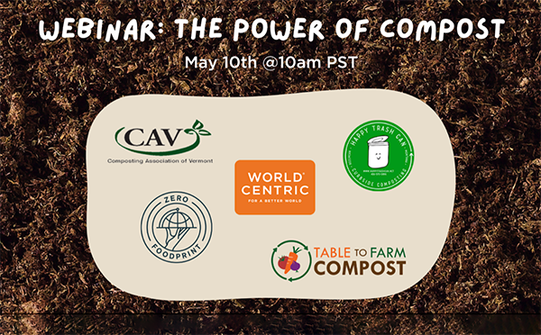
Webinar: The Power of Compost
Watch the Webinar for International Compost Awareness Week (ICAW) with a panel of compost industry professionals.
Watch the Compost Webinar.
Watch the Webinar for International Compost Awareness Week (ICAW) with a panel of compost industry professionals.
Watch the Compost Webinar.
Follow us on Instagram as we celebrate International Compost Awareness Week in May!
Watch our video interviews with compost professionals for ICAW 2023:
Author Profile
World Centric's Resource Recovery Team

